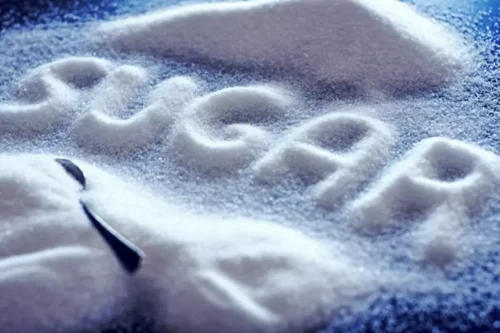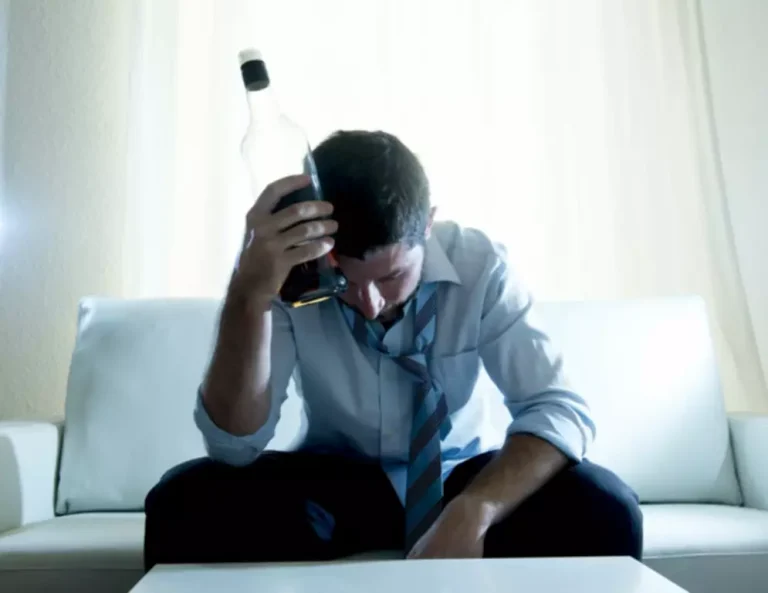
This substance is then released into the bloodstream and excreted through the pores. As the acetaldehyde exits the body, it releases a distinctive smell from the pores. Our saliva helps limit bacterial growth and neutralizes the acids produced by bacteria.

You Are What You Eat: 6 Smelly Foods That Are Actually Giving You Bad Body Odor
But you can help your body process the alcohol more efficiently by staying on top of your wellness. In addition, Dr. Suozzi said she cautions against using these tools because they can irritate the surface of your skin. She told INSIDER, “Manual extraction (especially with at-home suction devices) can lead to the appearance of broken blood vessels.” You Drug rehabilitation can protect your skin by wearing non-comedogenic sunscreen, but the best way to avoid permanent sun damage is to limit your exposure.
- Sulfur (like azelaic acid) is comedolytic, meaning it also exfoliates.
- If you look closely at the pores on your nose (and other areas of your face), they may appear as if they’re blocked by tiny black dots.
- Just keep in mind that it tends to be more irritating, so starting off slow is your best bet.
- It might be a nice idea, but sweating or having night sweats won’t actually remove much of the alcohol from your system any faster.
- This can result in increased perspiration, especially when consuming large amounts of alcohol.
Dr. Jason Shumard Revolutionizes Holistic Healing And Transformative Wellness

From promises to shrink your pores permanently, to the idea that you can “close” your pores, there’s a ton of misinformation out there to sift through. Luckily for us, we had the skin care experts steer us straight.This is the truth about pores, what we’re doing wrong, and how to actually change their appearance. Participants in a 2014 study saw significant improvement in their acne after eating a diet with a low Glycemic Index (GI) for 10 weeks. People who follow a low-GI diet only eat foods that have little to no effect on their blood sugar level.

Does the smell of alcohol from pores vary based on the type of alcohol consumed?
Experts recommend exfoliating anywhere from one to 3 times a week, depending on how sensitive your skin is. And pore size can appear to be increased from exfoliating too little and too much. We can unintentionally contribute to the large-appearing pores we despise so much through basic skin-care habits. It can even result from too much of a good thing, like exfoliation. This is partially a response to losing collagen and elastin but is also impacted by environmental factors like the sun damage we may have accumulated.
Sweat is naturally salty because of the presence of electrolytes, such as sodium and chloride. Take a bath daily, and before going to bed, using antimicrobial soap. Don’t allow your skin to be exposed to dirt, dust, and harmful chemicals.
- That sugar content can quickly lead to inflammation and cell damage, which contributes to acne, dull skin and a sallow appearance.
- And I consider myself lucky despite all this, because it could be a hell of a lot worse.
- The term “coffee breath” has become a problem for coffee drinkers because it is a diuretic that will make us feel very thirsty, leading to a bad taste and smell, which dries out the mouth.
When alcohol enters our bloodstream, it affects our central nervous system and disrupts our body’s normal regulatory mechanisms, including those that regulate our temperature control. Alcohol causes blood vessels near the skin to dilate, leading to a sensation of warmth and potentially triggering our body’s cooling mechanisms, including sweating. Alcohol consumption can also stimulate our does alcohol come out your pores sympathetic nervous system, which is responsible for the body’s fight-or-flight response. This stimulation can lead to an increase in sweat production as our body responds to the perceived “stress” that alcohol causes.

Your enzymes work to break down the alcohol so that it can be removed via your liver. However, there is some alcohol which isn’t broken down in this way, and that gets removed through your urine, sweat and breath. People who drink heavily or have an alcohol addiction often experience similar symptoms, including sweating and night sweats. Alcohol consumption can lead to night sweats in three ways. Firstly, consuming alcoholic beverages, particularly in excess, can cause the body to sweat a lot.
People will notice
- The liver is the primary organ responsible for metabolizing and eliminating alcohol from the body.
- Therefore, the mouth becomes dehydrated, and urine even has a faint smell of alcohol, according to alcoholrehab.com.
- Dullness, discolouration, sagging, enlargedpores, dehydration, blotches, redness, thread veins and puffiness are commonside effects of alcohol on skin.
- Give yourself time in between each drink to sip water to stave off hangovers and to keep your breath from smelling like a bottle of ethanol.
- There are certain heart conditions, such as heart failure, in which excess water intake is prohibited.
- If an alcoholic drinks, the odor vanishes almost as soon as they begin to drink.
The sebum and other materials plugging your pores as sebaceous filaments can eventually become blackheads. As the pore fills, the sebum is exposed to air and turns black, becoming a blackhead. Now that you understand why alcohol makes your breath smell bad, let’s check out ways to prevent it.
